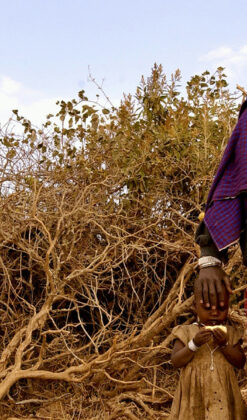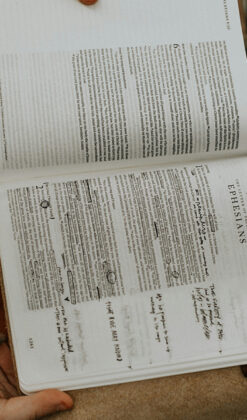
Distorted faces. Gnarled fingers. Thick leathery skin. No fingers. No eyes. A thick smell of urine wafting through the air as heavy as the smog in the air. Not the sort of images that come to mind when you think of beauty. But when it comes to humanity, God breaks all the rules. These people, though rejected by the world, are beautiful to God.
I’m part of a ministry calledTouch Nepal, which supports indigenous Christian leaders in this Hindu land. The ministry is led by my good friend Mark Avery, along with Adam Finlay and Dathan Graham. One of the ministries we have supported over the last couple years is a holistic outreach to a leper colony outside Kathmandu. I’ve been to this village a couple times now, and I’ve been blessed and troubled by what I’ve seen. 150 lepers reside in a compound and they receive minimal government aid—just enough to keep them alive. And the government gives them no love. But Beki, the Christian pastor that Touch Nepal supports, has been serving the leper colony for a few years now. He brings them food. He brings them treats. He showers them with relationship, touch, and the gospel of a risen King who has a special heart for lepers. Beki preaches and embodies the gospel to these people who look like they leaped off the pages of the New Testament and into the 21st century.
My team and I have been able to come alongside Beki in his Christ-like visitation. We’ve handed out food, tea, sugar, and chocolates (for the kids). We took a lot of pictures and we talked to a lot of people. We gave out handshakes. We gave out hugs. And we passed smiles back and forth—the universal sign of a common bond. We are human, and they are human. We had so much in common. We are all divine self-portraits, even if we don’t have any fingers or feet.
We’ve learned many things from our visits to this third-world country. First, we learned that those most desperate for life are more likely to find it. Even though 2% of Nepal is Christian, Beki told us that around 30% of the lepers are believers. To put this in perspective, about 7% of Americans are believers, which means you are more than 4 times more likely to be a Christian if you are a leper in Kathmandu than a person living in the “Christianized” country of America. Why is this? It’s hard to find an easy answer, but I wonder if we—non-lepers—aren’t as hungry for life as these lepers are. We smother our God given hunt for fulfillment with a pile of idols. And we fear that God will take these idols away. But these lepers have no goods. Many of them have no skin. The only potential idol they serve is the sugar they put in their tea once or twice a month. For the rest of their sugar-less days, they feast their hunger on the One who saved them from death, who is worthy of all delight.

We also learned about beauty. I think Samuel was on to something when he says that God looks not at the outside but at the heart of people (1 Sam 16). We read it. We know it. But I don’t think we believe it. Otherwise, we would spend more time working on our hearts than we do on our hair, nails, and bodies. Beauty is in the eye of the beholder—so we say. And this is why we spend an embarrassing amount of time and energy creating something worthy to be beheld. But God looks at the heart. And those 150 lepers, whose flesh and bones are rotting, still have a heart and many of them have given it to Jesus. And they are beautiful. They’ll never appear on a beer commercial and you won’t see them on the cover of a magazine as you’re checking out your groceries. But they are stunning, because they’ve recognized their creaturely state and submitted to the One who made them, who will one day raise them anew in a glorified body that will make modern day supermodels look like lepers.
With no fingers, gnarled faces, and leathery skin—these lepers have shown us that we have so much to learn about beauty.











